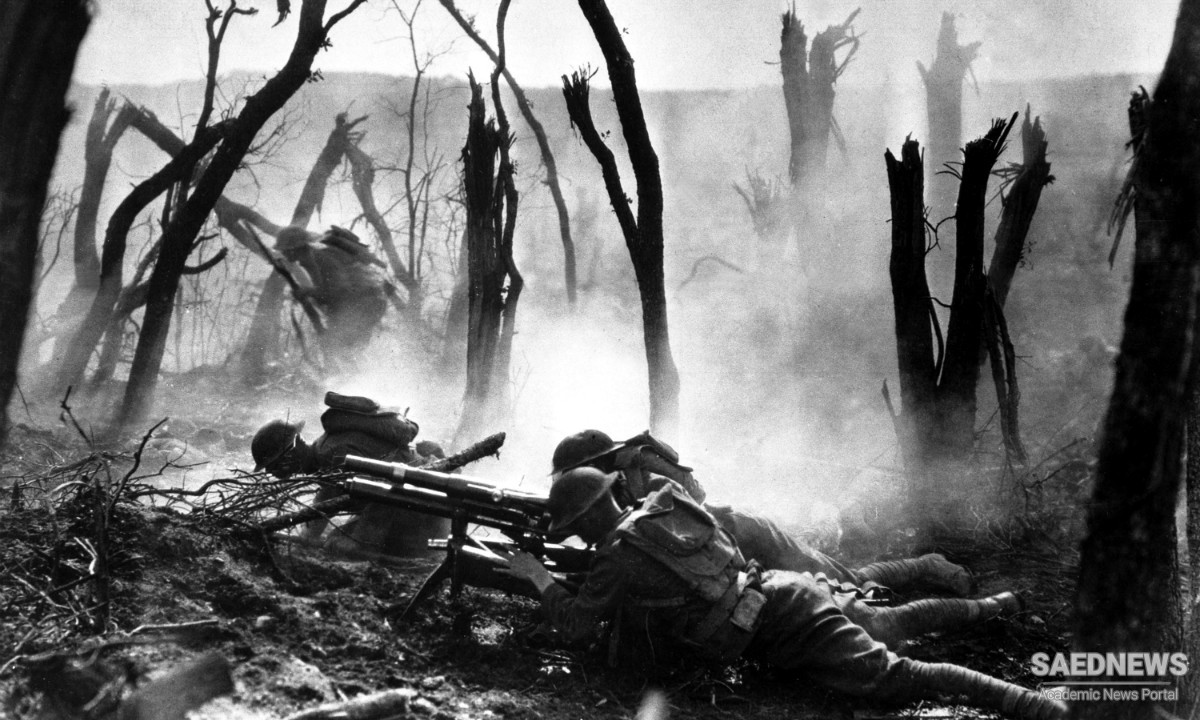His successor, a malleable bureaucrat, Georg Michaelis, agreed to accept the Peace Resolution ‘as I understand it’, so the war credits were passed. But clearly more would be needed to counter the peace propaganda of the left. In September the High Command sponsored the launching of a new ‘Fatherland Party’ to campaign against constitutional reform and support an annexationist peace.
The terms of the latter were laid down in the Kreuznach Programme of 9 August. In the east, Germany would annex outright all the lands already occupied by her armies—Courland, Lithuania, and the eastern provinces of Poland. In the west she would retain Belgium and Luxembourg and gain the French regions of Longwy and Briey. The object, as Hindenburg and Ludendorff explained to the Kaiser, was ‘such a strengthening of the German people, and such an improvement in our frontiers, that our enemies would not dare to let loose another war for a long time to come’.
The Fatherland Party was lavishly financed by Rhineland industrialists, but it was no mere front for the ruling classes. Within a year it numbered 1.25 million members— arguably the first genuinely populist right-wing movement of the twentieth century, and a harbinger of more to come.


 Foreign Encroachments and Divided Nation
Foreign Encroachments and Divided Nation














































